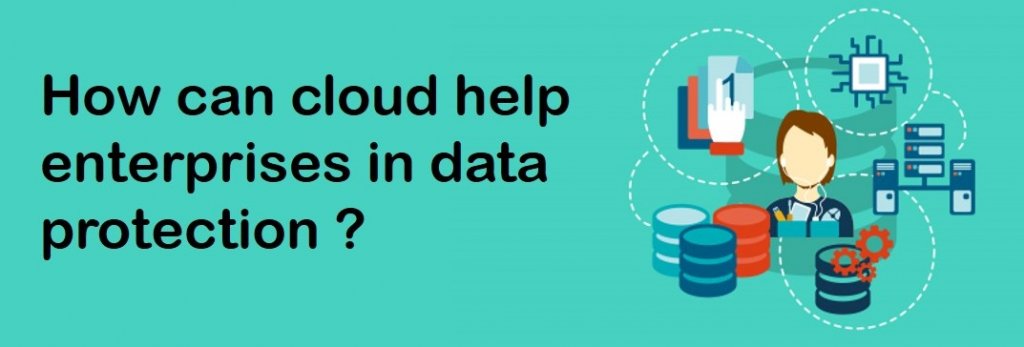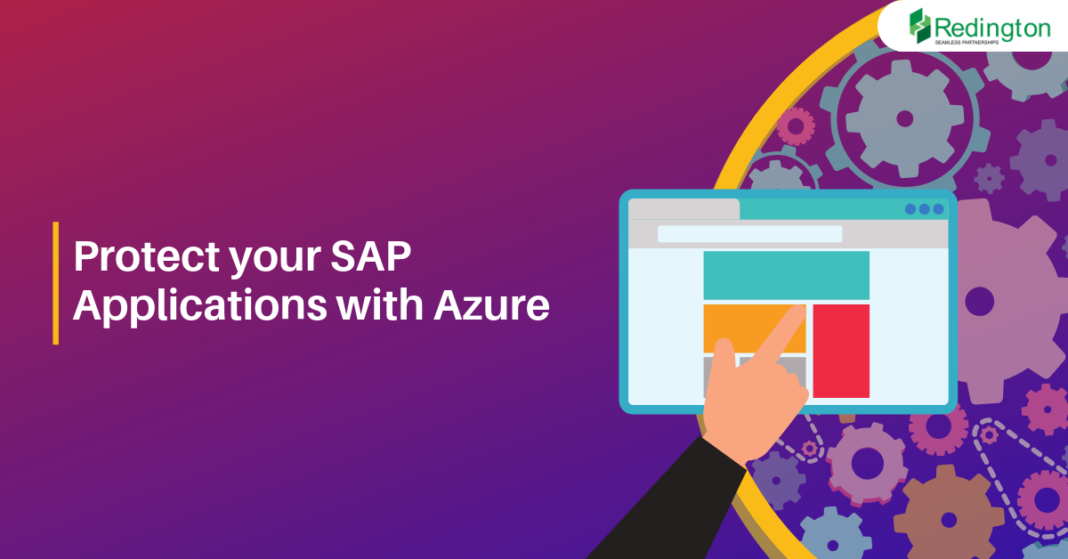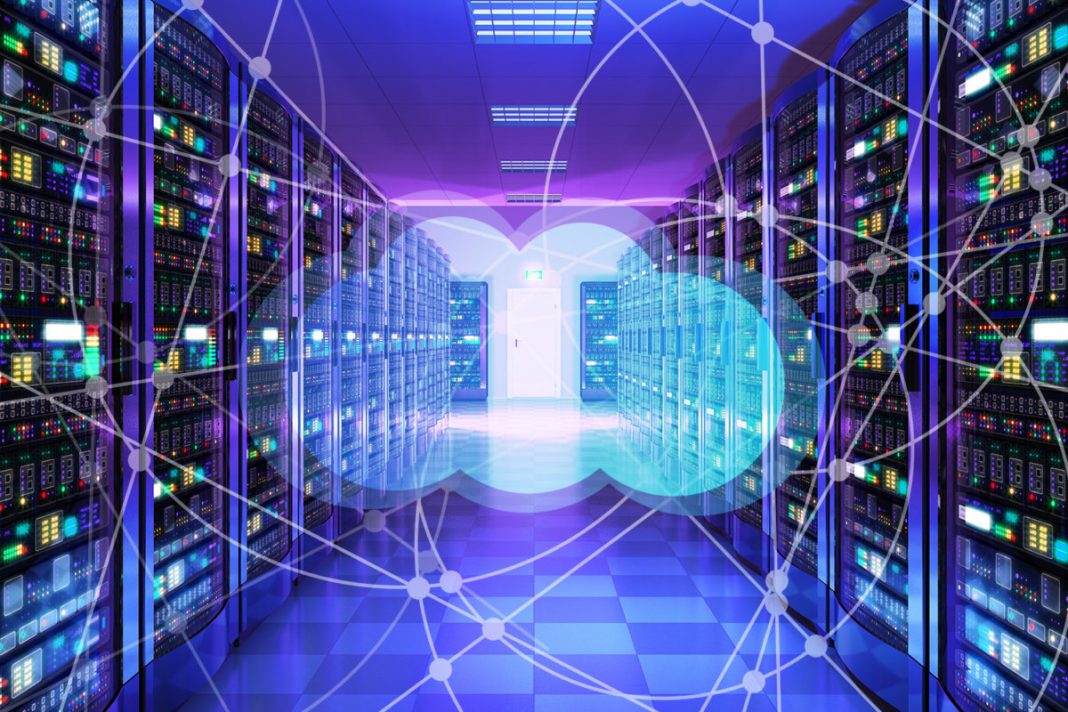Region
India
Most of the business enterprises have started using cloud computing as a service to store their data. For any business enterprise, securing its data is of prime importance. With the recent rise in cyber-attack, having a cloud-based data back up and disaster recovery is important for the organizations.
Why enterprises need data protection?
According to conventional perception, two main reasons for data loss are
- Ransomware Attack
- Natural Calamity
Many business enterprises in the past have become a victim of natural disaster and ransomware attack continues to claim new victim every year. Below are some of the major ransomware attack, which happened in the past.
- Wanna cry: It infected computers and encrypted the contents of their hard drives in 150 countries, then demanded a payment to decrypt them. It caused a loss of approx. $ 5 billion to the world economy.
- Equifax: Stole credit card information of 150 million people.
- Notpetya: It targeted Ukrainian businesses using compromised tax software. FedEx alone attributed a loss of $ 300 million to the attack.
Having seen the facts, it must be clear by now that only investing in cloud computing is not sufficient and having cloud-based data backup and disaster recovery plan is the need of the hour.
How cloud backup works:
It creates a copy of the data and stores it on a different media or at times it creates another storage system. So, basically cloud backup creates multiple copies of the same data.
Cloud Backup services include:
- Backing up directly to the public cloud: It includes storing data directly to cloud infrastructure providers such as Microsoft Azure, Amazon Web Service and many more.
- Cloud to Cloud backup: By using Software as a service application, files are copied from one cloud to another.
Initially, the volume of data to be backed up is more, so cloud seeding technique is used, to back up the files at a faster rate.
Classification of Backup and Disaster Recovery Services:
It is basically classified into 3
• On-Premises
• Cloud
• Hybrid
All three have their own advantages and disadvantages. It depends on data requirement of the organization, as to which one to choose.
On-Premises backup and disaster recovery:
It includes local infrastructure and is used entirely for backup. This means that all the types of data i.e. cold data( Data which is inactive or rarely used), hot data(Data that needs to be accessed frequently) and archiving data(Data that is frequently used and is optimized for security and long-term retention) is backed up on to the local cloud infrastructure.
It is mainly efficient in case of hot data because of its ability to process input-output operations data efficiently without disruption.
Cloud backup and Disaster Recovery: It is used for backup and failover as well. It is the best solution for cold data and archival data. As it is more effective than premises cloud backup and disaster recovery.
Hybrid backup & Disaster Recovery: It is the most widely used since it combines the pros of both on-premises and cloud solutions. It comprises of on premises which are used for hot data and cold for archival and cold data.
Benefits of back up and disaster recovery:
Backup:
- As a pay, as you go service, backup gives you the flexibility to pick and choose the data to be protected. Backup is cost-effective whether it is for long term or short term.
- Reliable and cost-effective data recovery by enterprise enabled cloud infrastructure.
- Data is fully encrypted and inbuilt access control property can be used, so that only authorised persons can perform the critical operations. Thus improved protection against ransomware attack.
Disaster recovery:
- Disaster recovery is available on demand in cloud computing, which eliminates the need to replicate the data at a secondary server.
- Virtual machines or individual files and folders can be replicated and established at any part of the globe. Thus significantly improving redundancy and data protection.
- Virtual Machines can be centrally managed and replicated across the globe. So test and development work can be easily managed round the clock.
Thus, Ransomware is not the only cause of data loss for the business enterprises. Hardware failure and natural disaster result in more data loss and consequently, more data is lost than ransomware attack. This makes the acquisition of backup and disaster recovery necessary for organisations irrespective of its size and location.
Redington has the expertise and is one of the best cloud-based service providers, as it offers all the cloud computing, back up and disaster recovery services under one roof.





